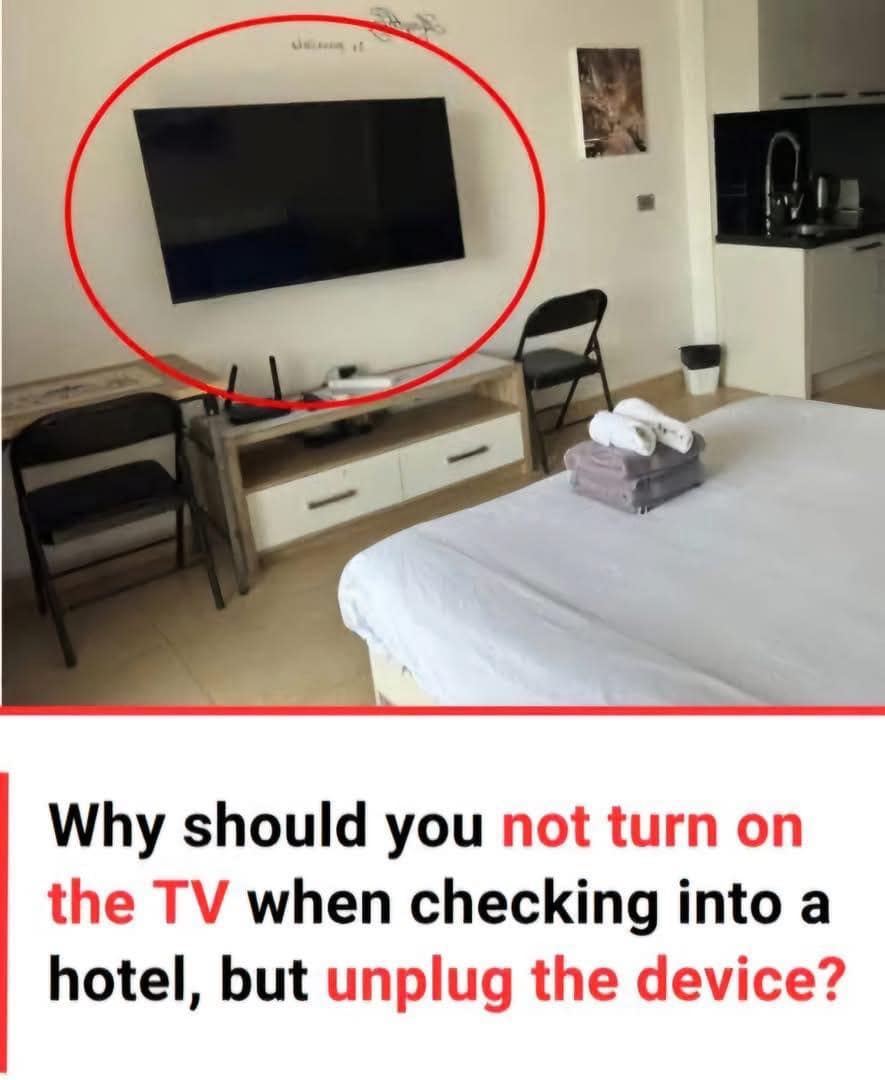When you’re away from home and staying at a hotel or motel, the last thing you want is to deal with unexpected problems. A hotel room is meant to offer a place to relax, sleep, and recharge—but to truly enjoy your stay, it’s important to take a few proactive steps right after check-in. These simple but often overlooked actions can help you stay safe, maintain your privacy, and ensure you’re getting the quality and service you paid for. Here’s what you should do immediately upon entering your room.

First, take a few minutes to thoroughly inspect the room. Many travelers skip this step, but it’s essential. Turn on the lights, run the faucets, flush the toilet, and test the heating or air conditioning. If something isn’t working, it’s better to catch it early so the front desk can fix the issue or offer a room change. Also, check cleanliness in high-touch areas—doorknobs, light switches, remote controls, and bathroom fixtures. A quick look around ensures you’re stepping into a clean, fully functional space.
Next, with privacy in mind, scan the room for hidden cameras. It’s rare, but not unheard of, for tiny surveillance devices to be hidden in hotel rooms. Common places to check include alarm clocks, picture frames, smoke detectors, potted plants, and especially the television area. Start by unplugging the TV, then use your smartphone in video mode to scan the room in low light. Hidden cameras often emit infrared light that appears as small glowing dots on your screen. You can also use your phone’s flashlight to check reflective surfaces for suspicious lenses.
Another important task is to confirm that all the amenities you were promised are present and working. That includes things like Wi-Fi, the minibar, in-room safes, extra bedding, towels, and toiletries. Look over the room service menu, check the hotel’s check-out time, and be aware of any additional charges that may apply. Being familiar with hotel policies from the beginning will prevent confusion or frustration later on.
Before unpacking, take a moment to close the curtains and adjust the lighting. This not only gives you privacy but also helps you spot any unusual light sources in the room—tiny blue or red dots could signal a recording device. With the lights off, a dark room will make it easier to identify these small but important clues.
As you move around the room, inspect decorative elements like mirrors, wall art, flower arrangements, or lamps. These are all potential hiding places for surveillance devices, especially in areas where privacy is expected, like bathrooms and sleeping areas. Look for anything that seems oddly placed, poorly fitted, or out of character for the room’s overall décor.
Once you’re confident the room is private, turn your attention to security. Test the door’s locks, including the deadbolt and chain, to ensure they’re functional. If your room has connecting doors or windows, make sure those lock securely as well. Solo travelers may want to use a portable door lock or wedge for added peace of mind.
Even in well-kept hotels, germs can linger on high-touch surfaces. Use disinfectant wipes to sanitize light switches, TV remotes, countertops, and handles. It takes just a few minutes and adds an extra layer of protection from bacteria and viruses, especially during cold and flu season.
Make sure you know where the emergency exits and stairwells are located. Take a quick glance at the evacuation map posted on the back of the door or inside the welcome packet. Knowing your escape route can be crucial in an emergency and gives you one less thing to worry about.
If your room includes a safe, try it out before storing anything valuable. Keep important items like passports, credit cards, electronics, or jewelry in the safe or concealed within your luggage. Avoid leaving them out in the open, especially if housekeeping staff will be entering the room during your stay.
Lastly, unplug the TV. Televisions are often placed directly across from the bed, making them a perfect spot for hidden cameras. Even if there’s no foul play, unplugging the TV cuts off any infrared signals that could be used to control hidden devices. This quick action adds another layer of protection for your privacy.
By following these ten simple steps when checking into a hotel room, you’re setting yourself up for a more secure and comfortable stay. Taking a few minutes to prioritize cleanliness, safety, and privacy allows you to relax, sleep soundly, and truly enjoy your travel experience.





